Op-Ed: Identical twins are different too
Photo credit: Amanda Brown
This image features my twin sister and me at our first tennis practice together as four-year-olds. We always played tennis and did all of our other activities together growing up, and we still love playing doubles together now. To me, individuality means finding my own interests and what makes me unique, as well as beginning to think more in terms of “I” rather than “we.”
February 8, 2022
“Can you guys read each other’s minds?”
“How do we tell which one is which?”
“Which one of you is the evil one?”
“What’s it like being a twin?”
As an identical twin, I get asked some very strange questions, some of which make me feel more like a museum exhibit than an actual person. That last question might be the most difficult one I get, and it’s not a simple three-second response like how to tell us apart — well, I’m sad to say she’s slightly taller.
There are incomparable benefits of being a twin, but complicated challenges come with them; it is hard for non-twins to understand.
Identical twins only occur about every three in 1,000 births, and they represent about a third of all twins. Biologically, identical twins have the same genetic makeup and share the same DNA. While it can be pretty cool to have a genetic double, it also adds to the feeling that you’re not your own person and you’re not unique because there’s another person that is literally the same as you. This struggle with individuality can be exacerbated by the fact that identical twins often have very similar personalities.
Being an identical twin is the most special relationship a person can have, even closer than regular siblings, as twins do everything together from the time they’re born. From making up a secret language of complete gibberish when we were babies to winning “most difficult to tell apart” on a soccer team together and being in the exact same classes until sixth grade, my twin and I have almost always been together.
Having an identical twin is a built-in best friend who always understands how you’re feeling and knows exactly what to say to make you laugh or feel better.
Doing every activity with your twin as kids makes them especially enjoyable because I’ve always had someone there with me, and I’m never alone or uncomfortable in new situations. This can backfire later, though, when I don’t feel as comfortable trying new things without my twin. I’ve also stopped doing things I like because she didn’t enjoy them, and I can’t imagine doing anything without her.
Just like any other siblings, doing everything together also creates an inevitable sense of comparison and competition, but it’s even deeper with twins: you’re the same age, look the same and have very similar traits. For my twin and me, the main activity we do together is tennis. Playing with her is one of the main reasons I’ve come to love it so much over the years, but it has its own difficulties, like when we play each other in the finals of tournaments. If I win, I feel sad that my twin didn’t. If I lose, I’m in this weird state of feeling happy for my twin but sad for myself.
Sometimes, there’s no straightforward outcome that makes everyone happy, but it’s important to acknowledge individual strengths and accomplishments without unhealthy comparison. For example, when people ask us who is better at tennis, we often answer simultaneously that she has the better backhand and I have the better forehand. She truly is my other half, and we balance each other out perfectly, both on and off the court.
It’s fun to be so similar, but being identical sometimes makes me feel like I’m not original or don’t have my own personality. I’m called by my twin’s name so much that I’ve actually started to respond to both her name and my own. People always profusely apologize when they get us mixed up, and I always tell them not to worry about it, responding with “Even our own parents get us mixed up.” Although it can feel a little bad in the moment to have people not remember my name, or just call us “the twins” grouped together, I know it can be difficult, so I mostly just laugh about the confusion.
Being a twin has also altered my point of view and the way I observe others. Since people overlook twins’ individual traits, I try to pay extra attention to noticing people’s differences and what makes them unique. Even the small things, like their mannerisms, jokes or the way they talk. I’m also more open to trying new things because of my twin, and I can be more reflective about myself and my identity because even though we look the same outwardly, our personalities are opposite in many ways.
No, we can’t read each other’s minds, we haven’t pulled a “Parent Trap” trick and we haven’t taken tests for each other or tried to switch places at school. But yes, it really is the best to have all these jokes that no one else understands or finds funny — to say the same things at the same time or make random references and have the other know exactly what we’re talking about.
Even though it’s difficult to be seen as just one of “the twins,” being a twin is one of the things I love most about myself and my family, and I wouldn’t trade our bond for anything.



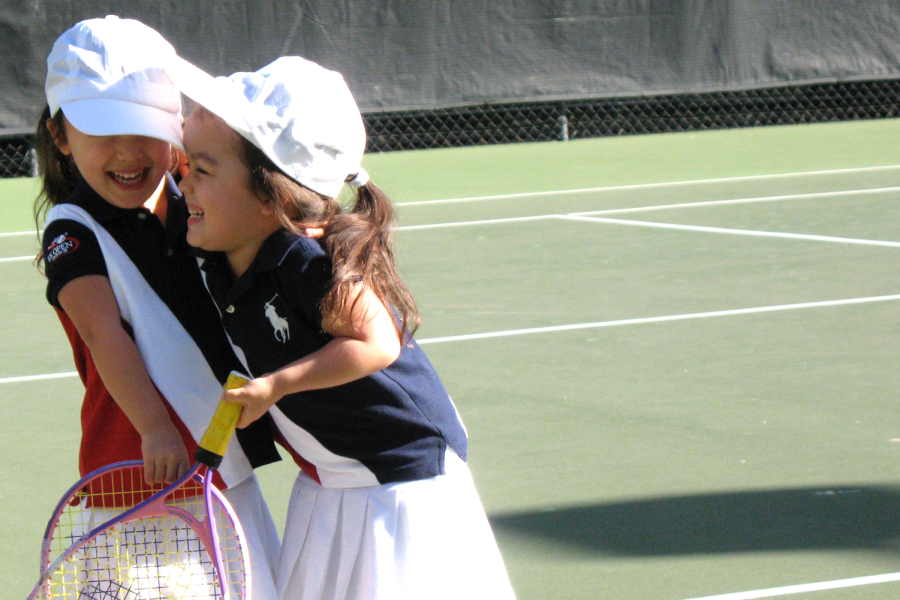
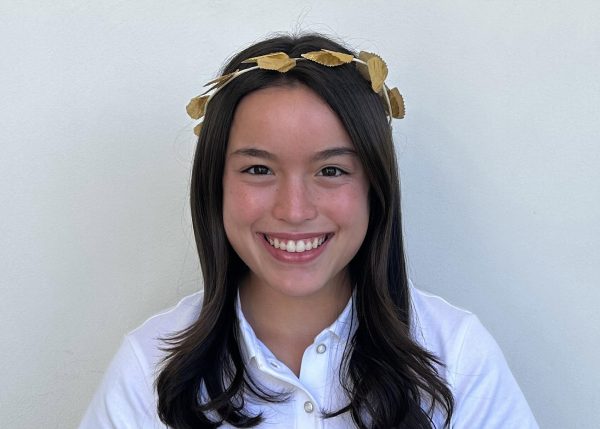





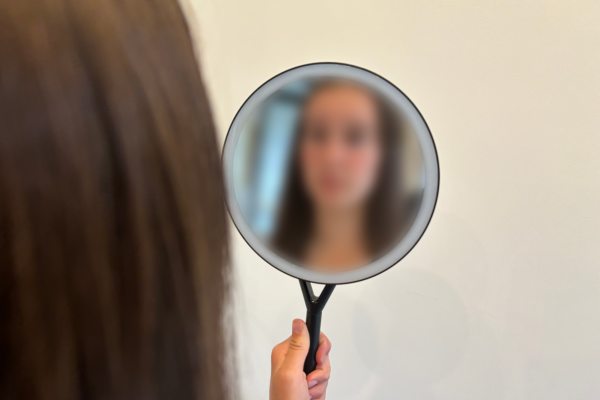

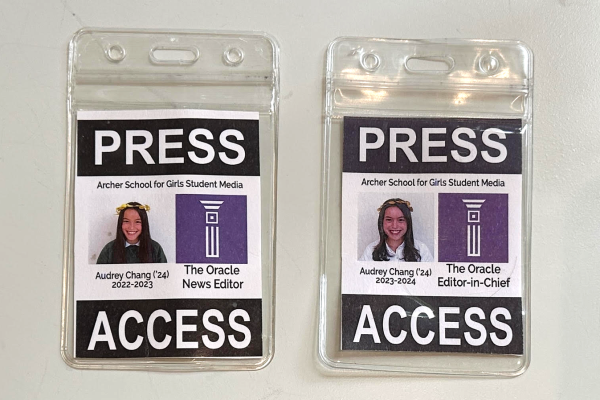
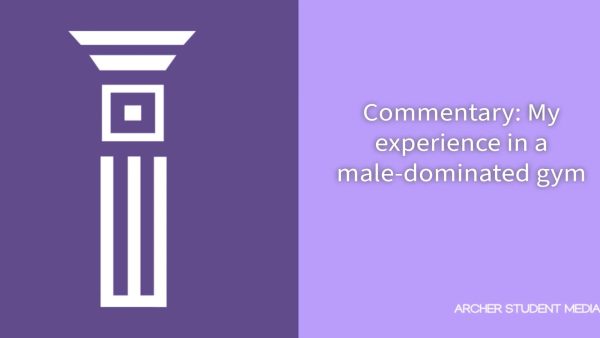
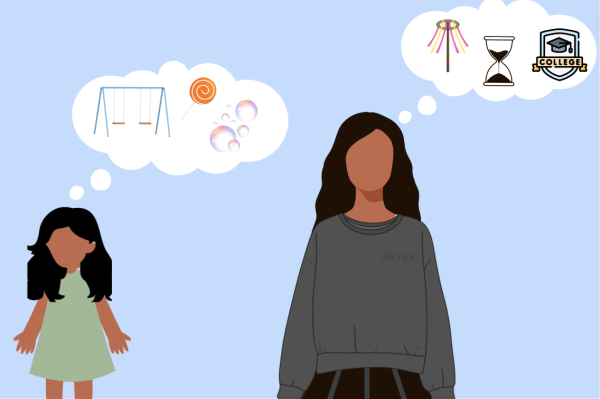
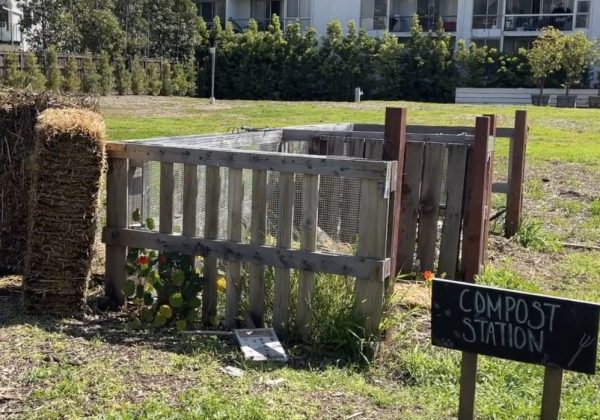
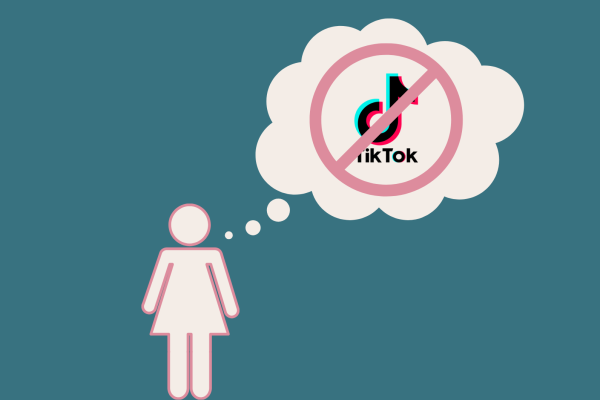
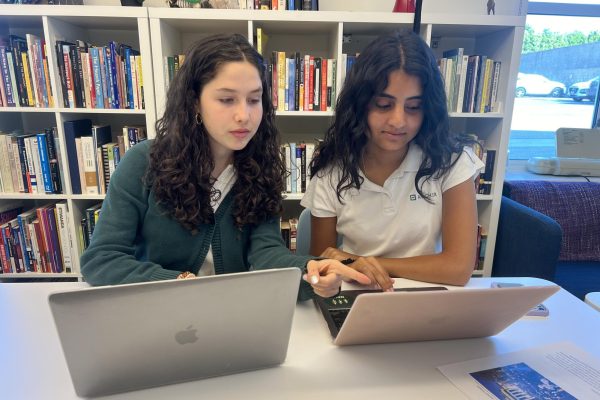

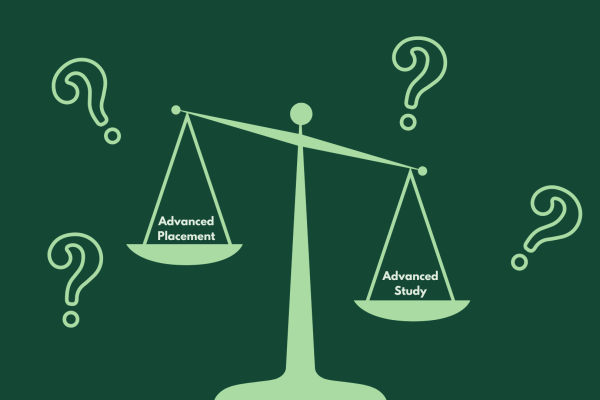
Tiffany Smith-Anoa'i • Feb 10, 2022 at 4:01 pm
Really enjoyed this article Audrey! Love the baby photo too! As an only child, I’ve always wondered what it would be like to have a twin and/or sibling and your article perfectly described it!